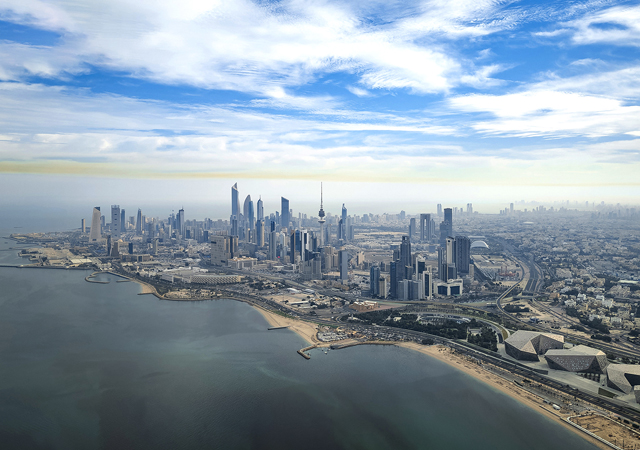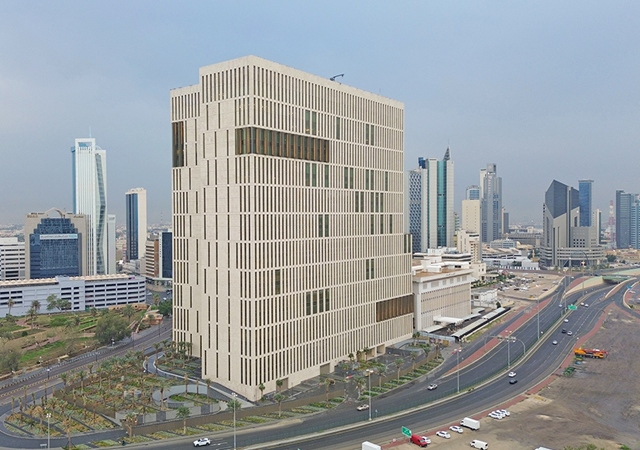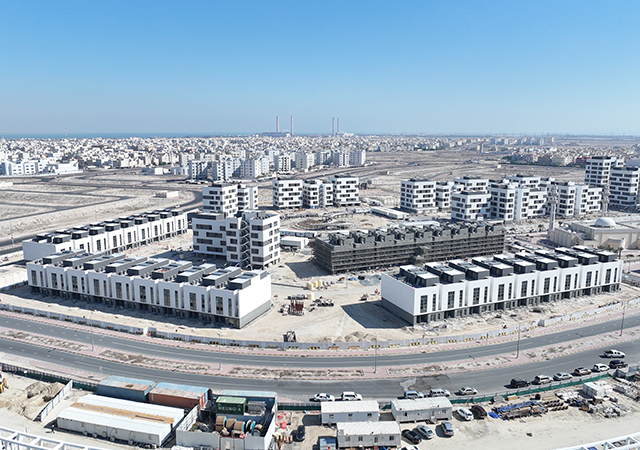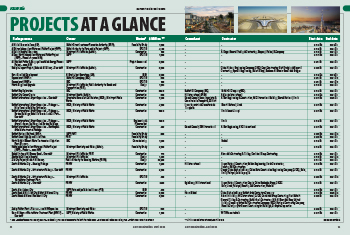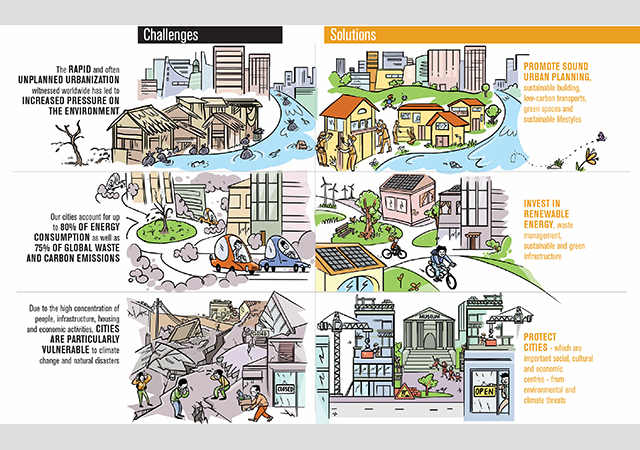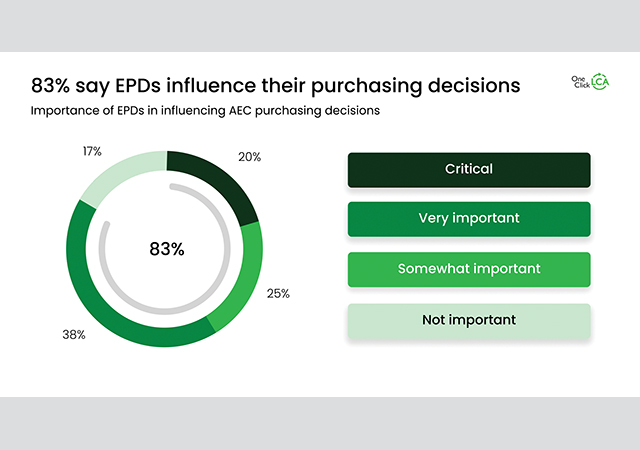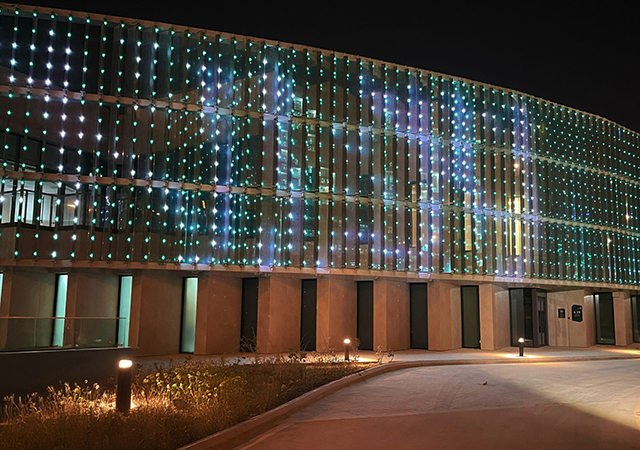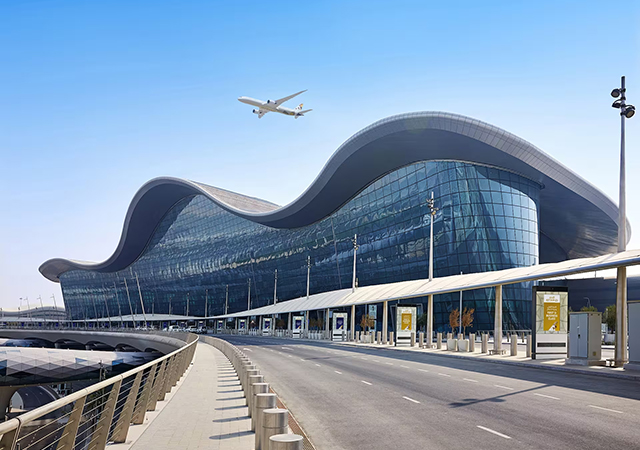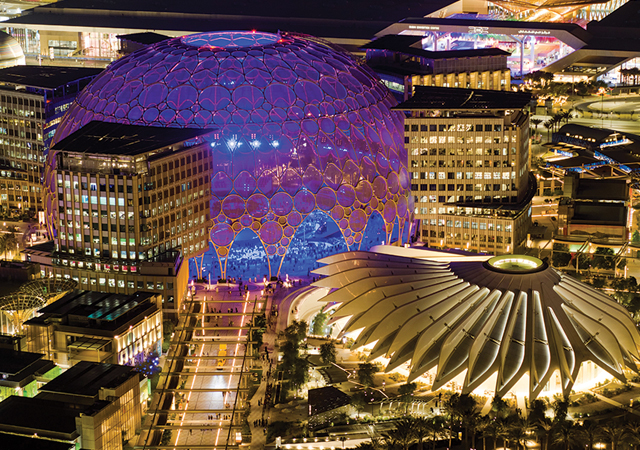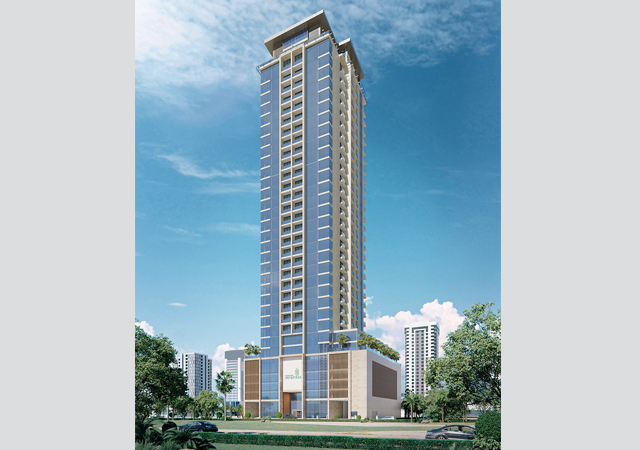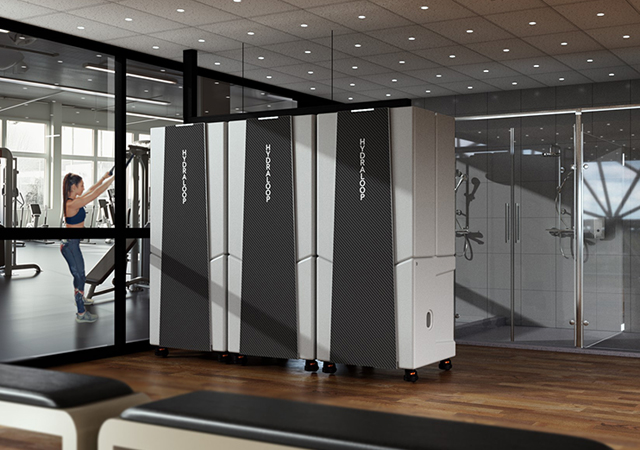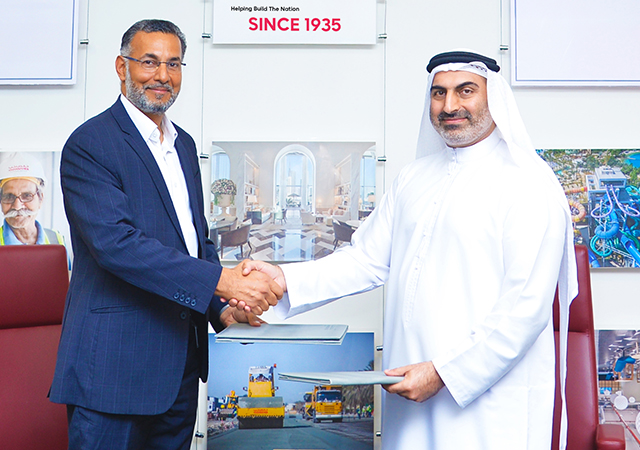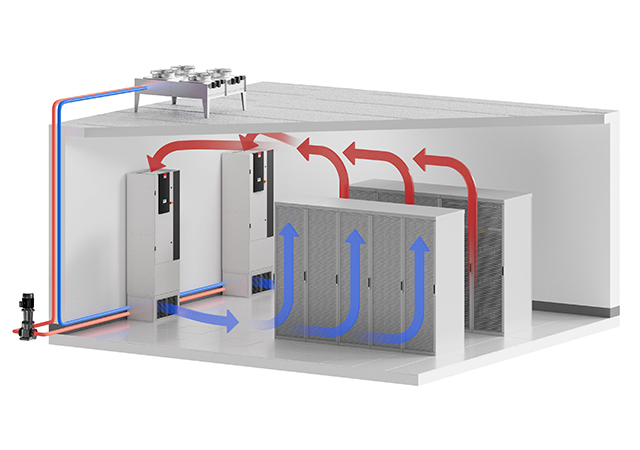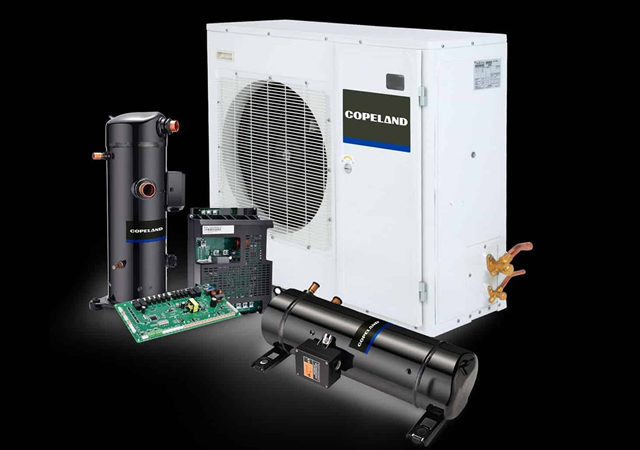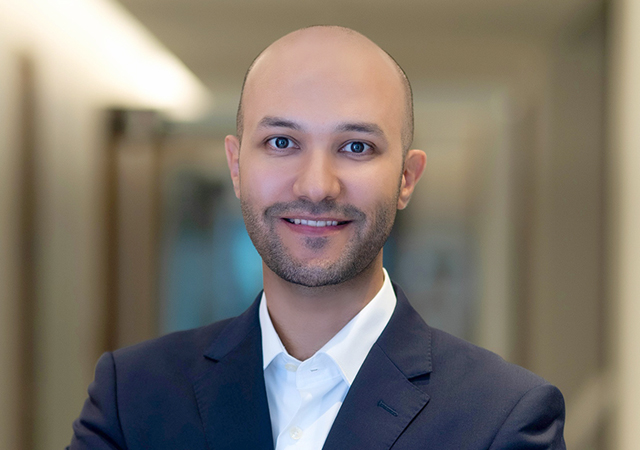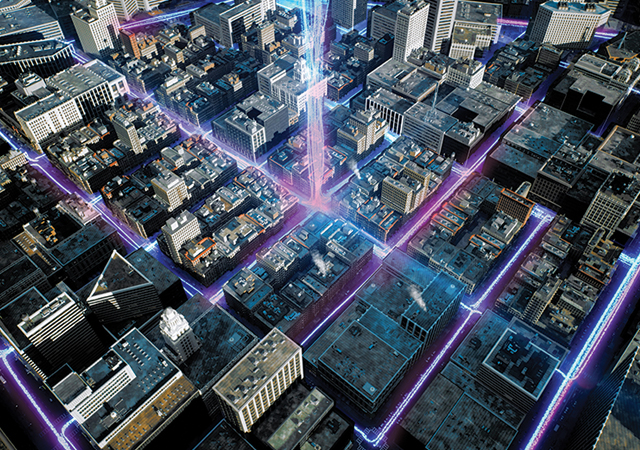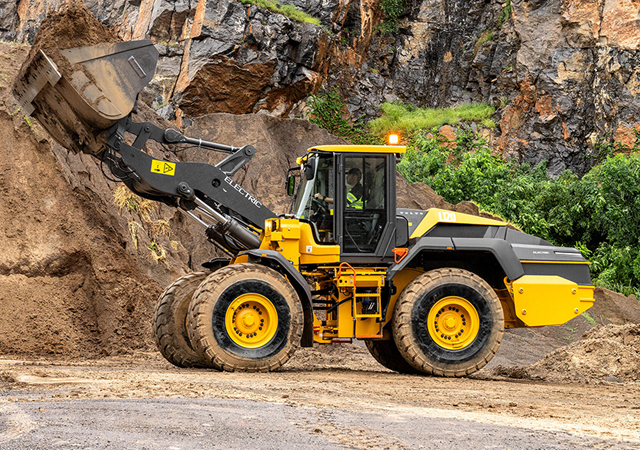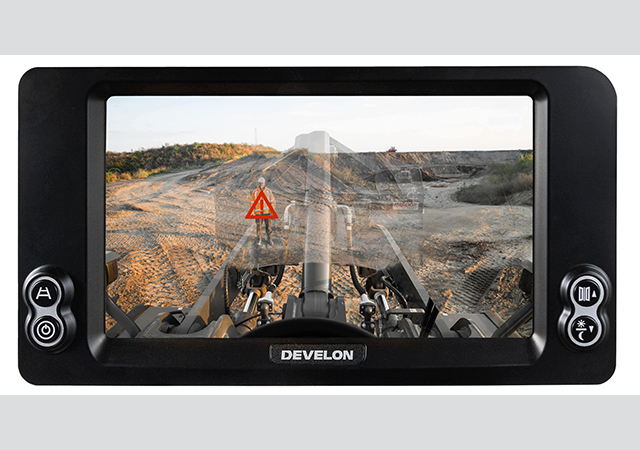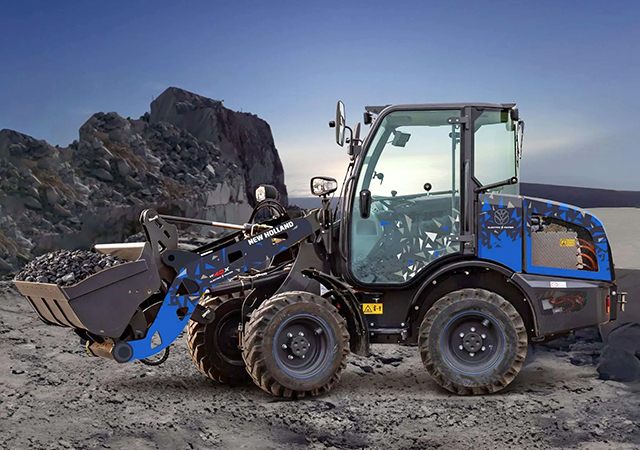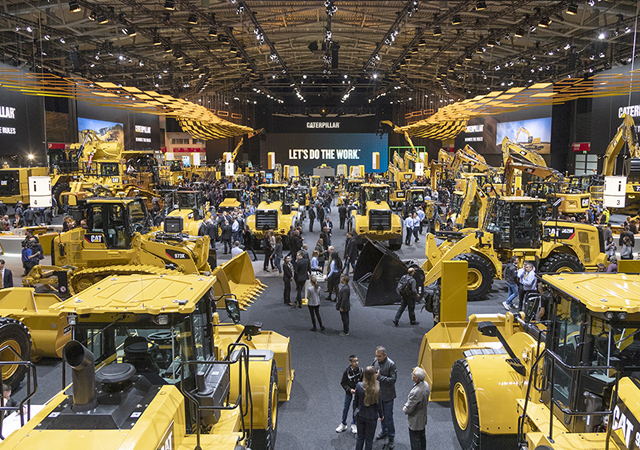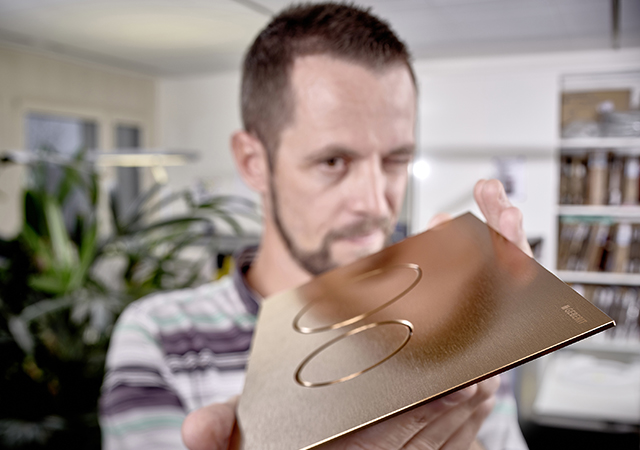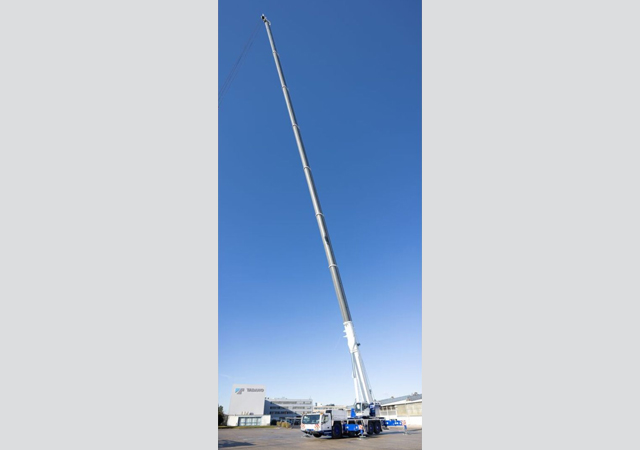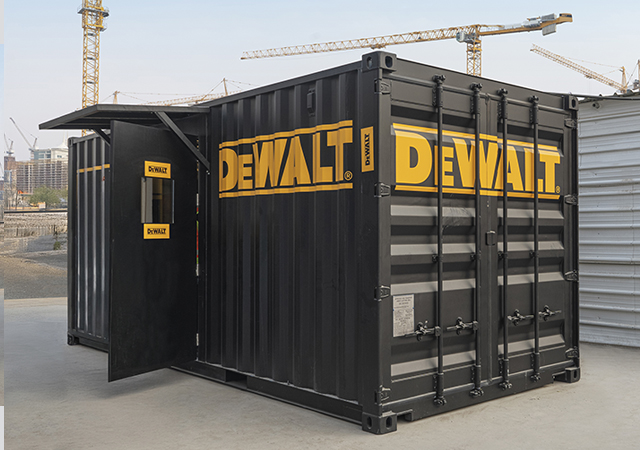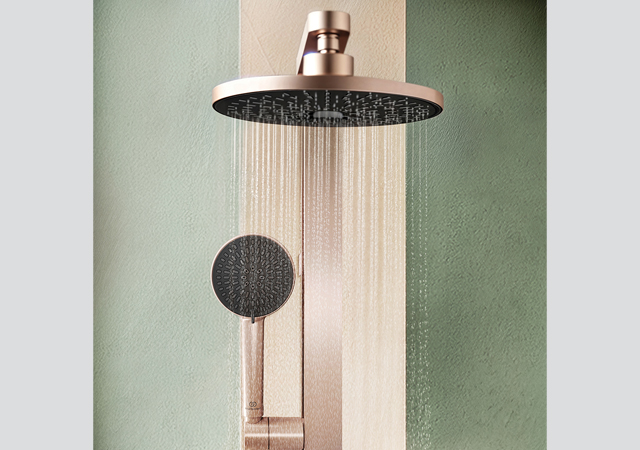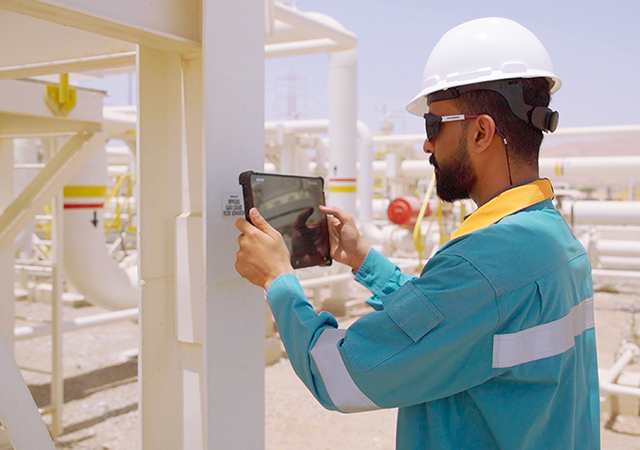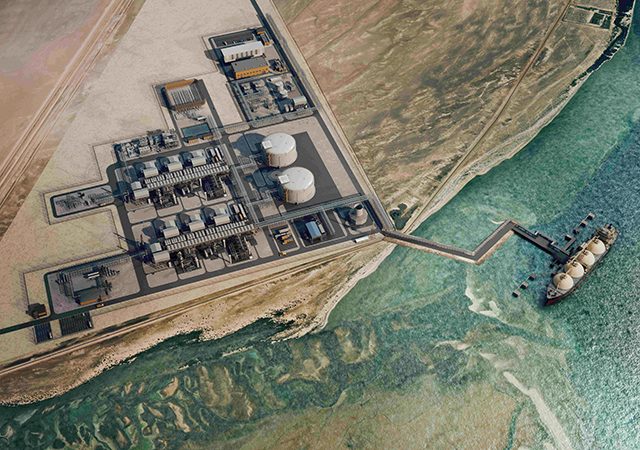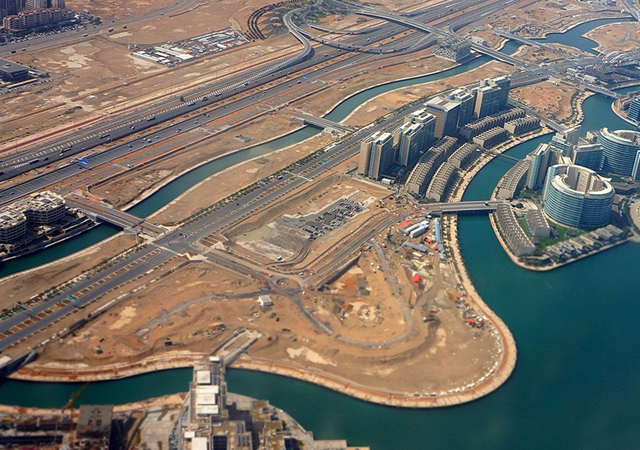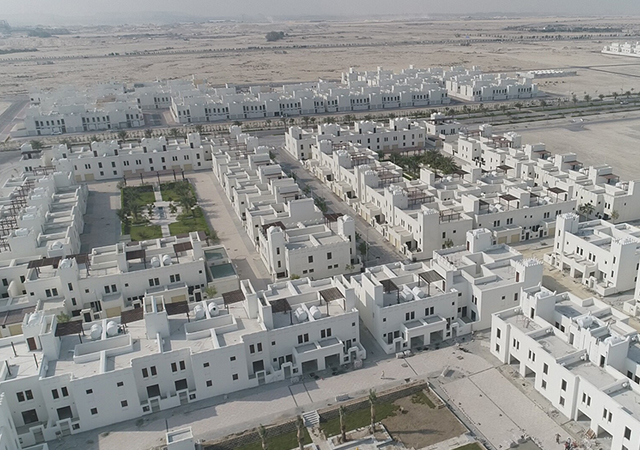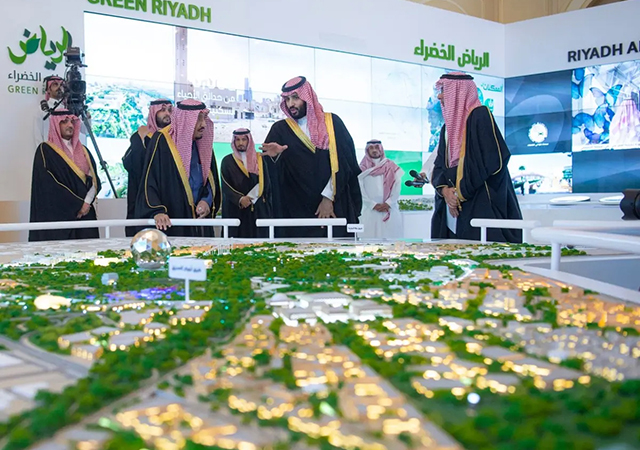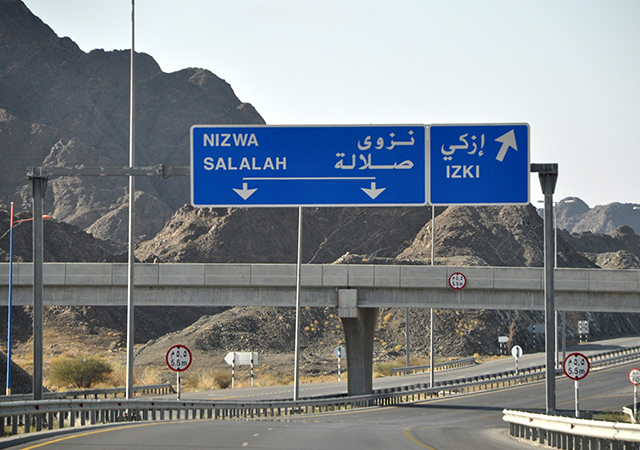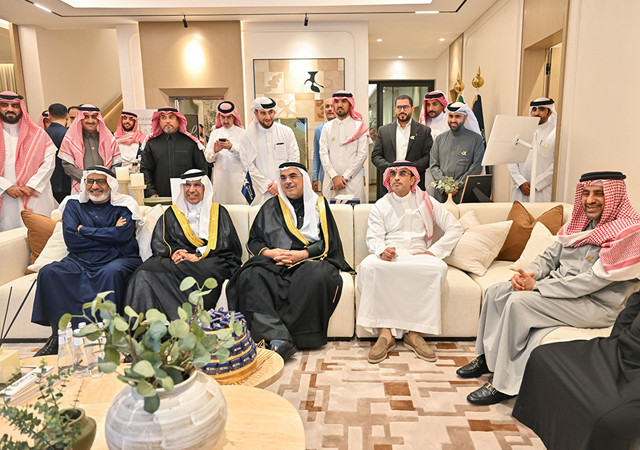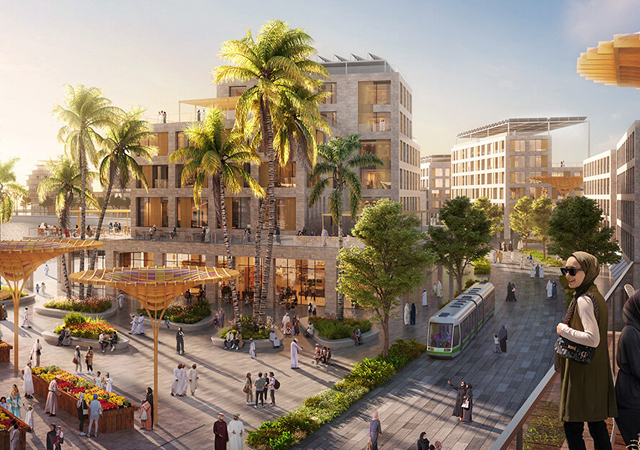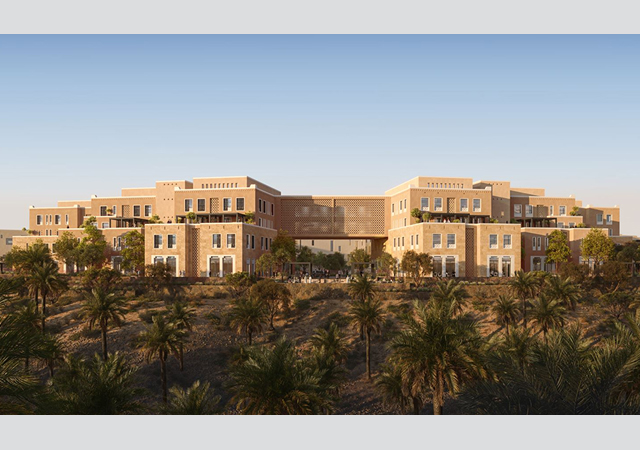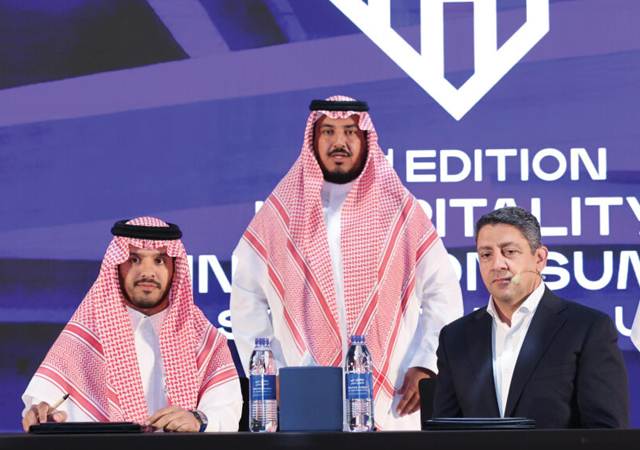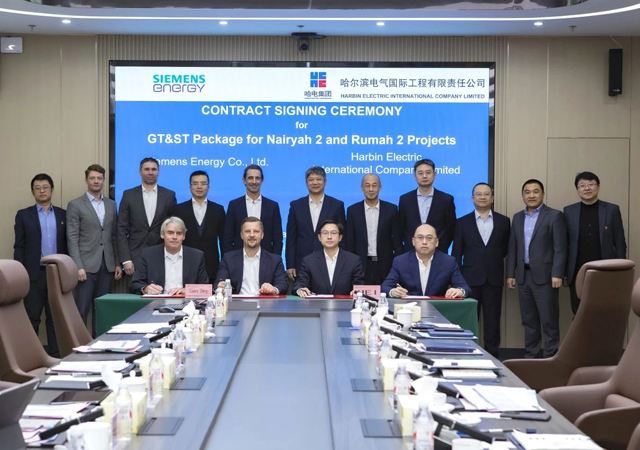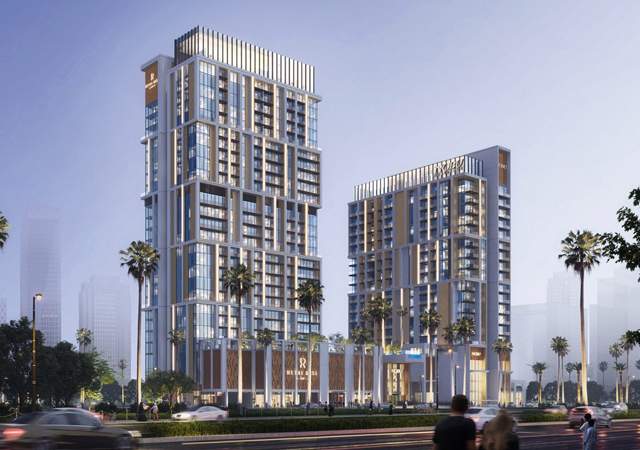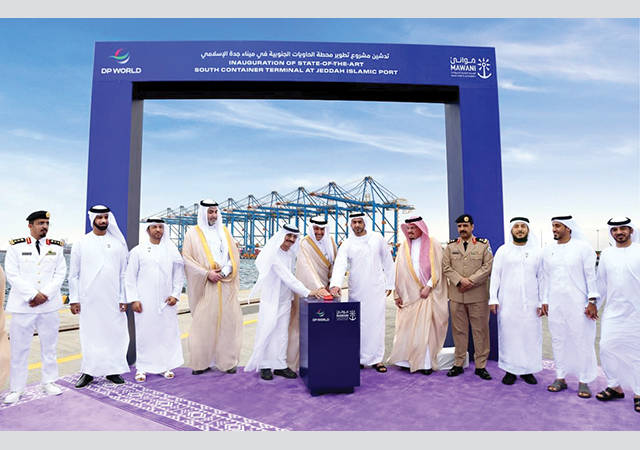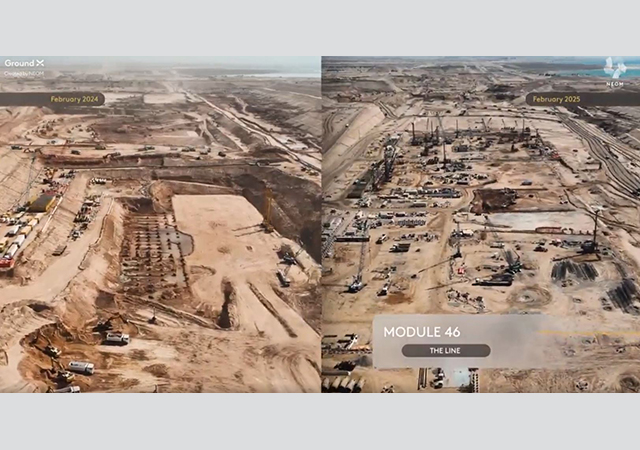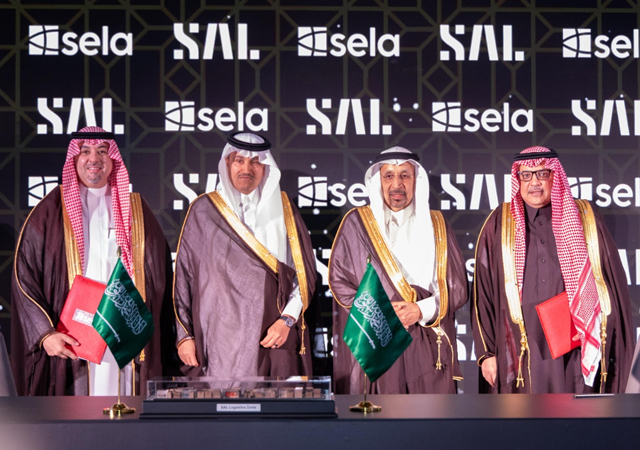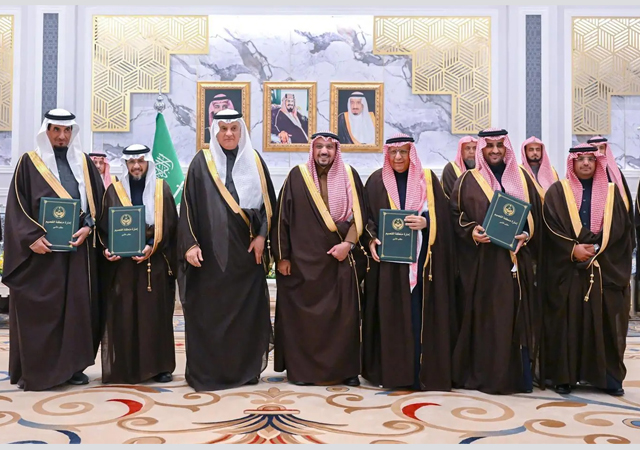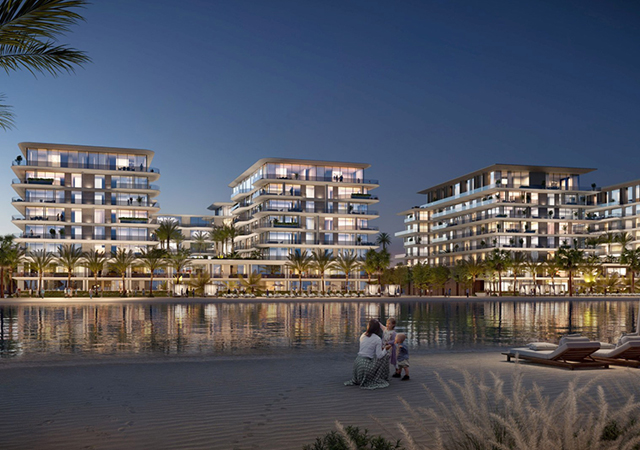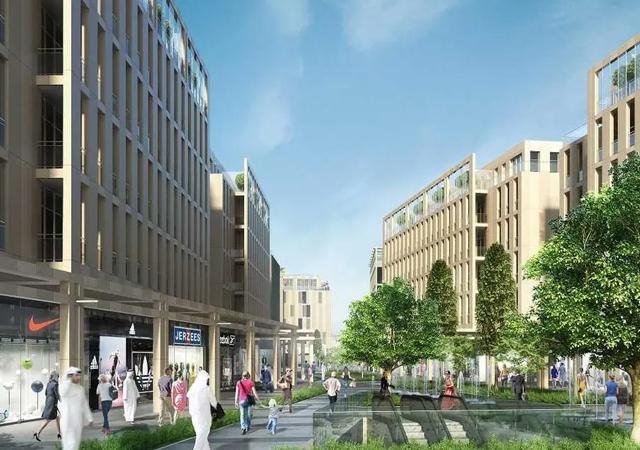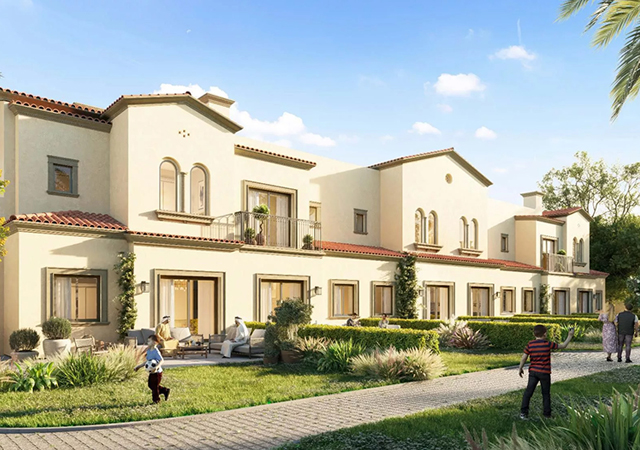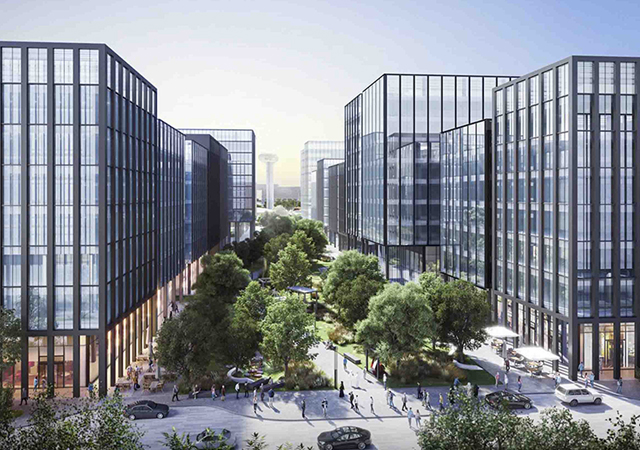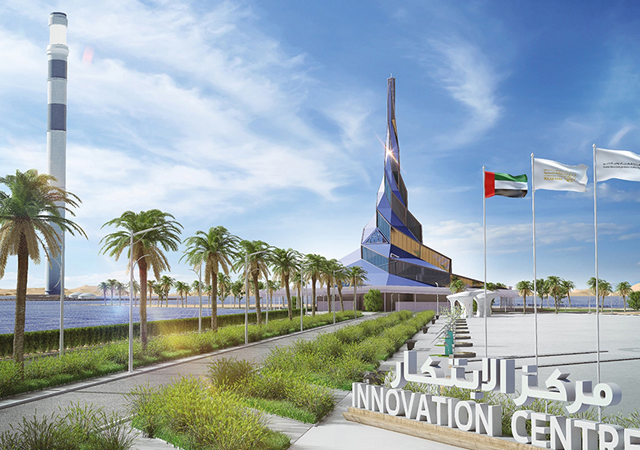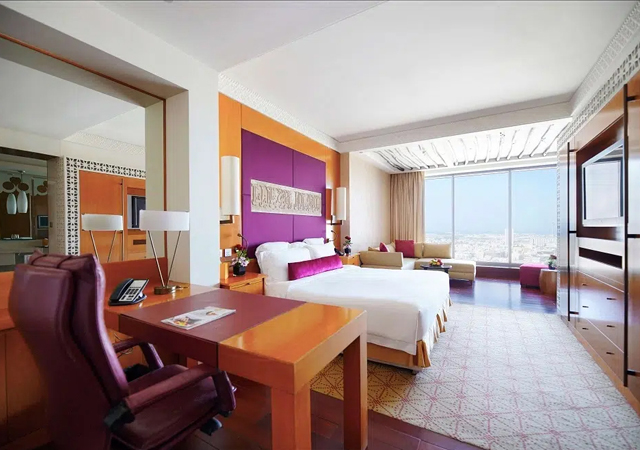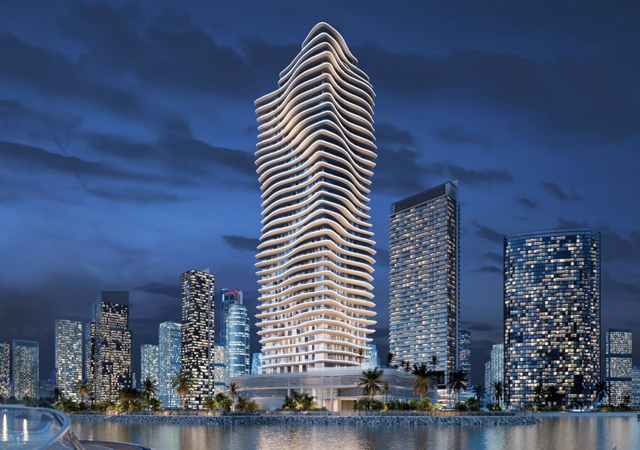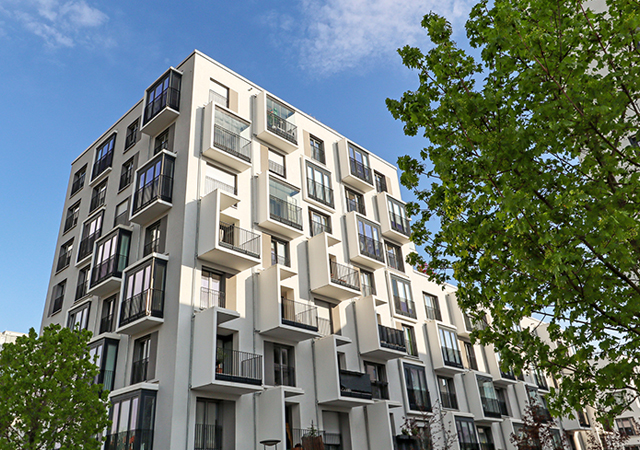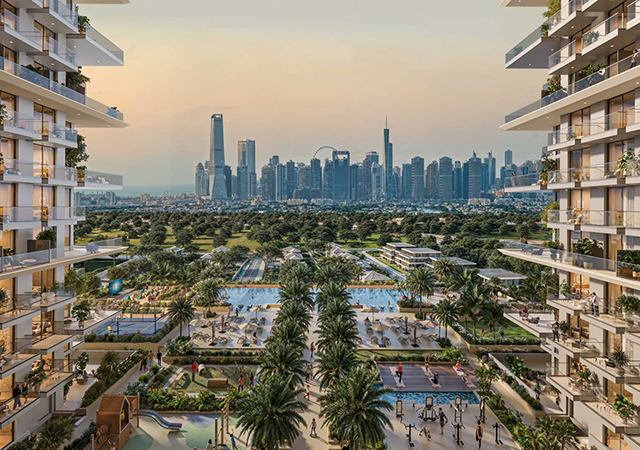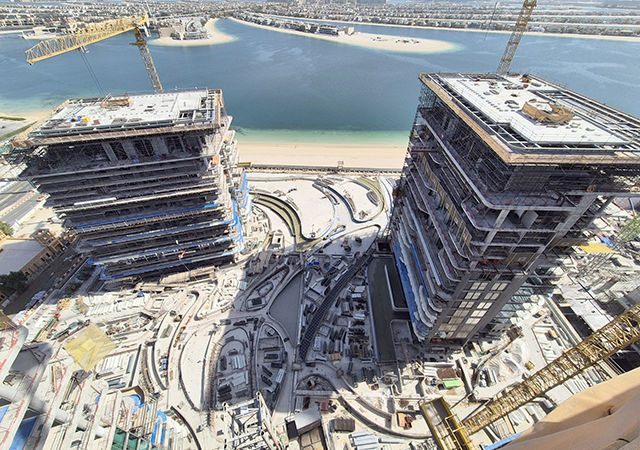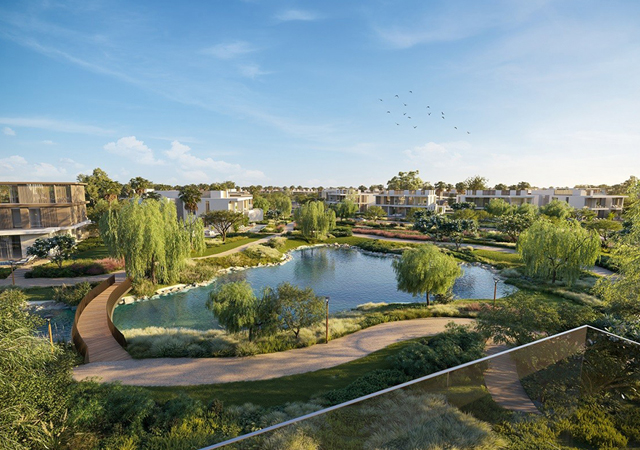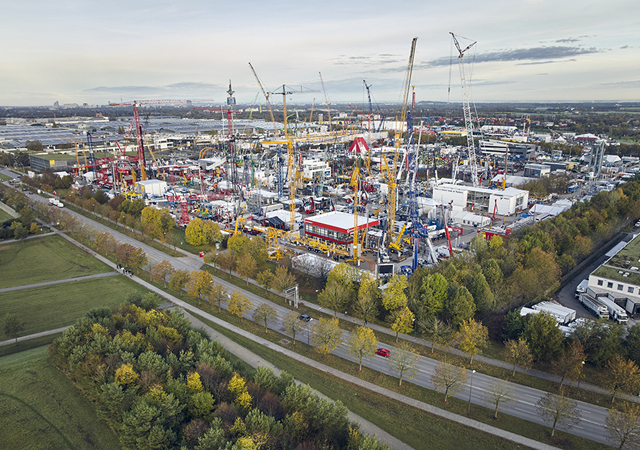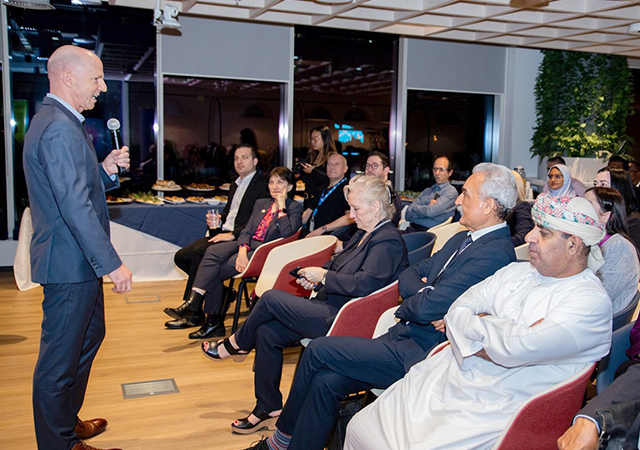
 Fiona Environs endeavours to instil the owner’s unique signature that embodies his personal tastes into the landscaping works.
Fiona Environs endeavours to instil the owner’s unique signature that embodies his personal tastes into the landscaping works.
Fiona Environs, a progressive integrated landscape and interior design company based in Dubai, has been creating sustainable landscapes in the UAE for over two decades and is now looking at spreading its green hallmark elsewhere in the region.
Possessing proven and measurable design capabilities, the company takes every measure to minimise consequences to the environment and maintain the features of any space, by creating landscapes that are sustainable and adapted to the local environment. This is especially challenging in the Gulf’s harsh climates, Shalini Bhatnagar, the company’s CEO, tells Gulf Construction.
“At Fiona Environs, we are committed to preserving natural landscapes and conserving the environment. Hence, we incorporate environment-friendly practices such as recycling green waste and using it as compost to fertilise our landscapes. Designing landscapes that help in conserving water tremendously helps create sustainable landscapes,” she says.
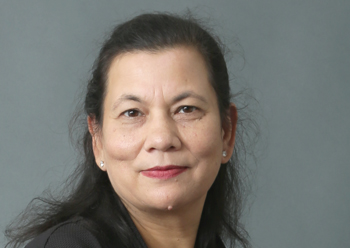 |
|
Bhatnagar ... meeting climatic challenges through design. |
The Dubai-based company provides a variety of services, including design and execution of landscapes, pools and water bodies; interior design and fit-out facilities; maintenance of community gardens and landscape project management.
Bhatnagar says Fiona Environs focuses on using a lot of perennial and hardy plants that require minimal water when designing landscapes for this region. Also used are native plant varieties that are compatible with the region’s climate. Using ground covers for lawns also helps as natural grass consumes excessive water.
“We also design and implement a proper irrigation system that makes use of treated sewage effluent (TSE) water and take regular care to maintain the landscape by cutting, pruning and fertilising it,” she says.
Among the company’s favourite plants are the Delonix Regia or the Flame tree and Washingtonia Filifera, also known as the Desert Fan palm. Among shrubs, favourites include Bougainvillea and Pennisetum Rubrum (Purple Fountain Grass).
“For this region, I highly recommend using hardscape elements such as sandstones, tegula pavers, ceramic outdoor tiles and granites, since these elements help in defining the space and making it visually distinctive,” says Bhatnagar.
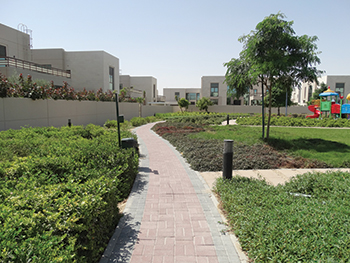 |
|
Grand Views at Millennium Estates ... Fiona Environs is designing and building a comprehensive landscape for the project. |
Design focus
When designing a particular landscape, Bhatnagar takes into consideration certain key points. The essence of a unique design, she says, is in its ability to create synergy between the site’s architecture and its surroundings.
“When creatively designed and properly executed, the design elements such as softscape and hardscape enhance and accentuate the distinctive features that stand apart and accord unique characteristics to the place,” she points out.
Bhatnagar continues: “Our design process begins with a careful consideration of the indigenous culture and the architectural heritage of each and every site. Even in a modest residence, we endeavour to bring out the owner’s unique signature that embodies his or her personal lifestyles and tastes.
“The basic design and the developmental plan are then determined according to certain principles which are a harmonious combination of a variety of factors. While adapting traditional local forms to a modern setting, we are able to create places of great beauty and distinction, thus helping to keep alive a unique and wonderful legacy of design.”
Bhatnagar says in most of the company’s works, it celebrates a sense of place created with the use of indigenous artistic and architectural forms.
“We strive to use creativity and experience to design custom layouts that delight and entertain,” she says. “Our signature style is to design simple yet unique designs that have balance, proportion and sequence, with dominant focal point.”
Landscaping is an element that can’t be stressed upon enough, as it can play a significant role in climate control, Bhatnagar emphasises.
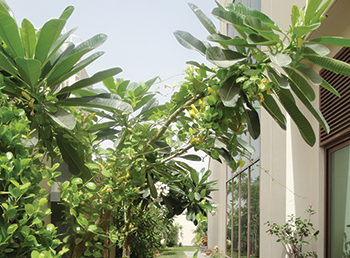 |
A definite highlight of Fiona Environs’ projects is the transformation of empty spaces into beautiful and functional landscapes. |
She elaborates: “Plant and tree covers can significantly cool down the environment. We strategically plant tree covers to provide shade and reduce solar radiation which results in reduced temperature and controls humidity. Plants reduce air velocity, pollution and filter dust. Similarly, walls are used to deflect or channelise wind. Mulches, which are layers spread or laid over the surface of the soil, are used to retain the moisture and decrease erosion.”
However, the region’s harsh climate can pose challenges to landscaping contractors. These include:
• Extreme climate: The design of the exterior should be such that it can provide climatic amelioration for tenants to enable the external areas to be used all year round. Landscape techniques applied should result in world-class design solutions that can withstand and will flourish in the arid climate.
• Exposure to desiccating winds: Ameliorative measures need to be applied to provide shelter for both humans and flora and to create external environments that substantially improve the local micro-climates and minimise blown sand and dust.
• Water table: The water table problems need to be addressed at an early stage so that use of irrigation water does not adversely affect the situation and that plant material is provided with an excellent opportunity to establish and mature.
• Saline ground conditions (if applicable): Associated with the high water table, this normally results in extremely saline ground conditions and, therefore, the plants will need to be salt tolerant.
• Cultural considerations: The appreciation and understanding of local traditions and customs is a vital consideration in order to understand how to design for future residents.
Fiona Environs’ current projects include Grand Views at Millennium Estates in Dubai, where it is designing and building a comprehensive landscape by combining 13 zones in the community development. The project is due to be completed in December.
It has also been engaged to carry out the designing and creating the landscaping for the 1,022-villa Fields community, also in Dubai, which is scheduled to be ready in December 2019.
In addition, the company has also been given the responsibility of designing the Pinnacle Gym in Dubai, where the aim to set up exercise facilities outdoors. The project will be completed by October this year.
Meanwhile, it is designing the majlis and landscape for a private residential palace, which is targeted for completion in March 2019.
Fiona Environs already has a string of successfully completed projects to its credit. These include landscaping works for Jumeirah Golf Estates, the JBR Walk, Akoya by Damac in Dubai, and Saadiyat Islands in Abu Dhabi. In all of these, a definite highlight was to visually witness the transformation of empty spaces into beautiful and functional landscapes, that can now be enjoyed by everyone, Bhatnagar remarks.
“Looking at the success of these projects definitely makes us forget the challenges caused by the extreme weather and short time frames in terms of project delivery,” she adds.
Fiona Environs set up its Dubai office in 2008. To capitalise on the opportunities the region offers, the company recently made a foray into Oman and Qatar, and has plans to expand into other countries such as Bahrain and Kuwait.
In terms of the latest trends within the landscaping industry and future business, Bhatnagar says in emerging markets that are developing at a rapid pace, sustainability no longer represents a design benefit, but a necessity. Therefore, for Fiona Environs, sustainable practices are a key element of all its design efforts.
“Similarly, sustainability and technology remain a key focus within the industry, with innovative solutions being developed to adopt an environment-friendly approach. Smart landscaping solutions allows us to save time, water and money. Hydroponic systems – or the practice of growing plants in a water-based and nutrient-rich solutions – is another trend that are gaining momentum within the industry,” she says.
“The global trend towards organic food has also made its way into the landscaping industry, with a majority of homeowners incorporating a vegetable and herb garden into their outdoor landscapes,” she concludes.


